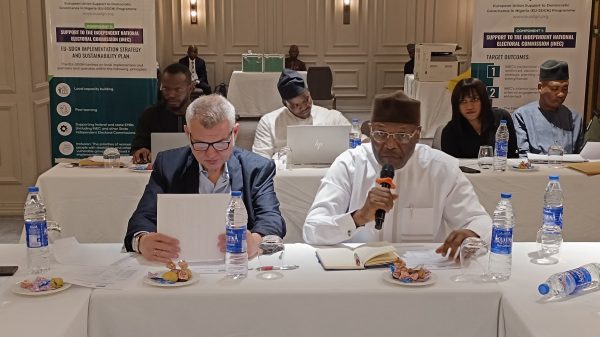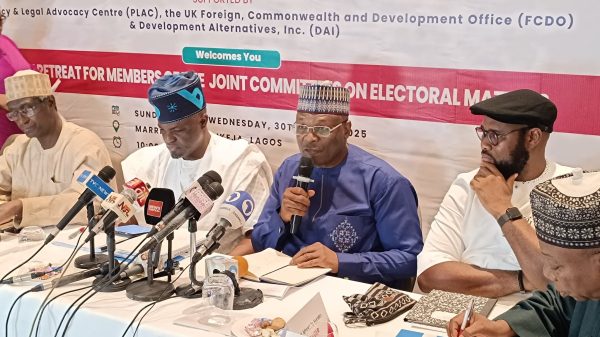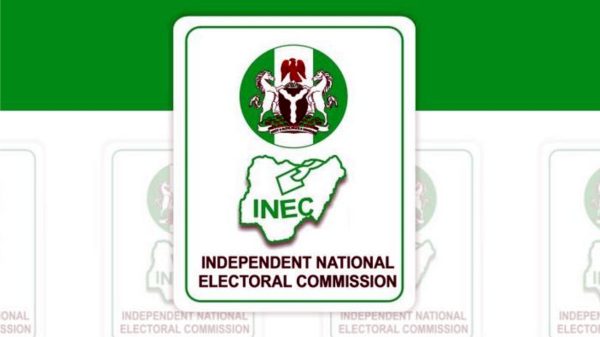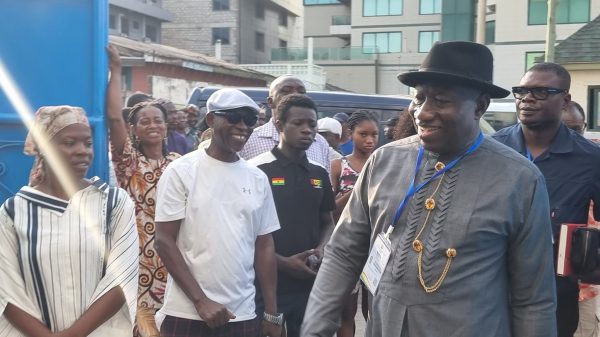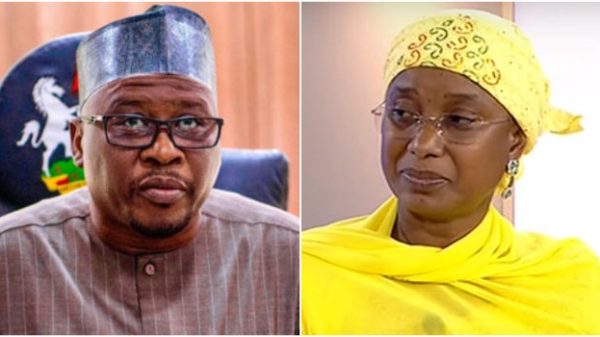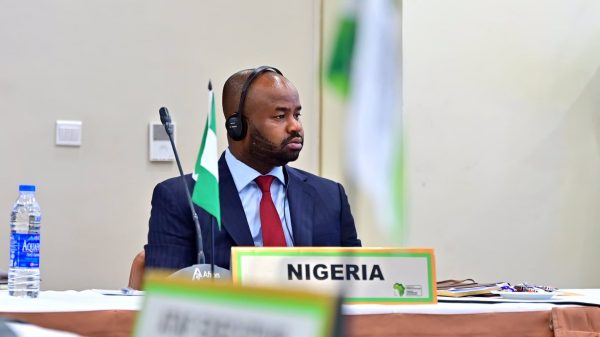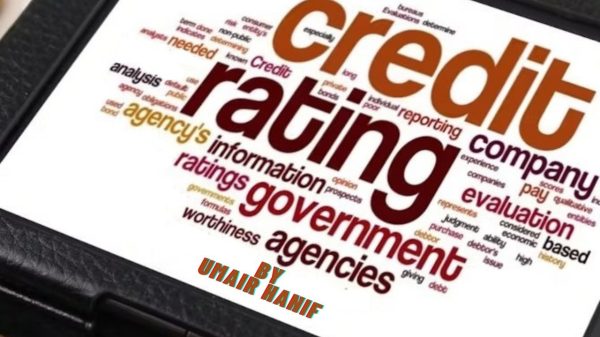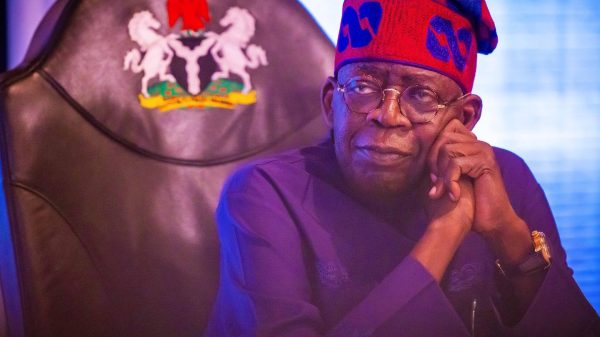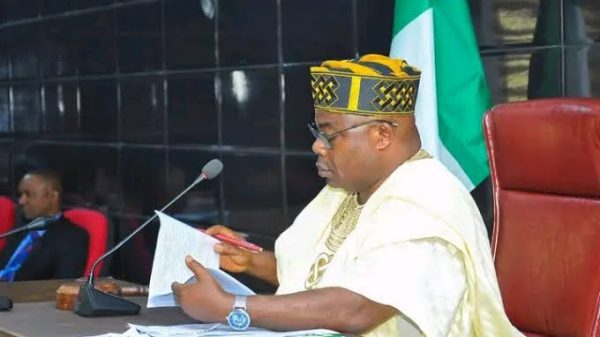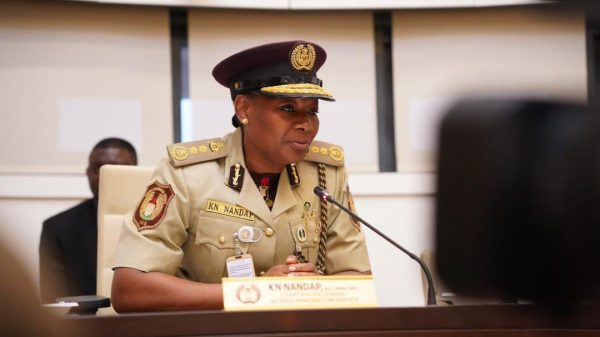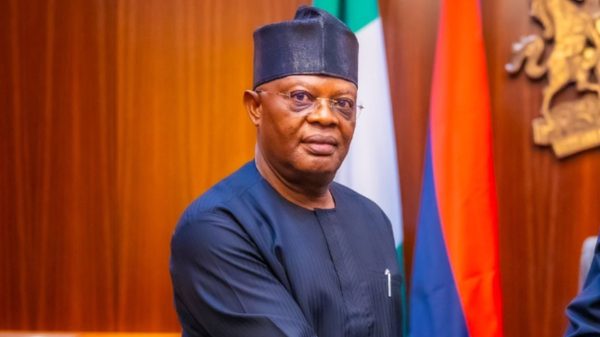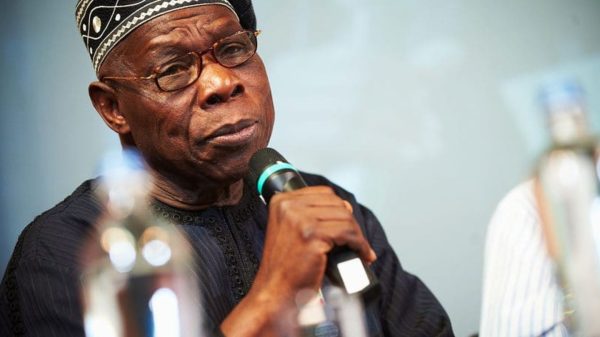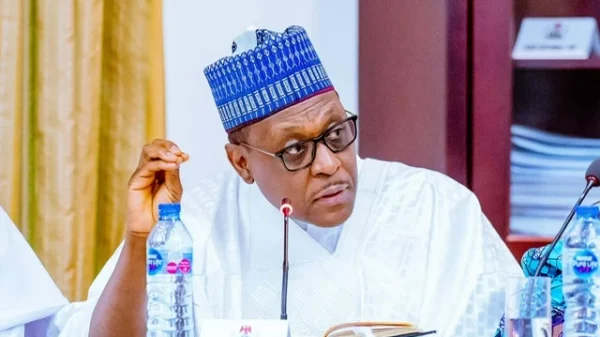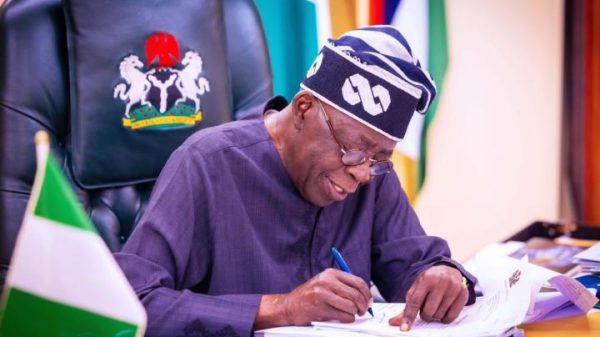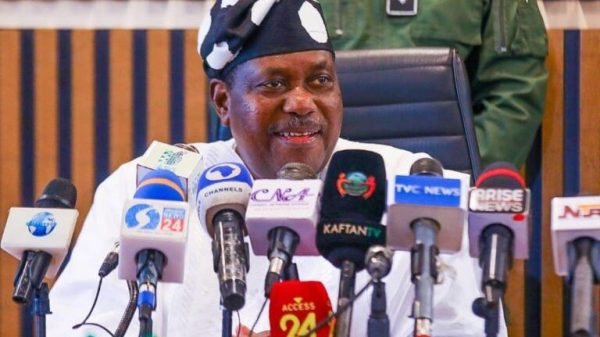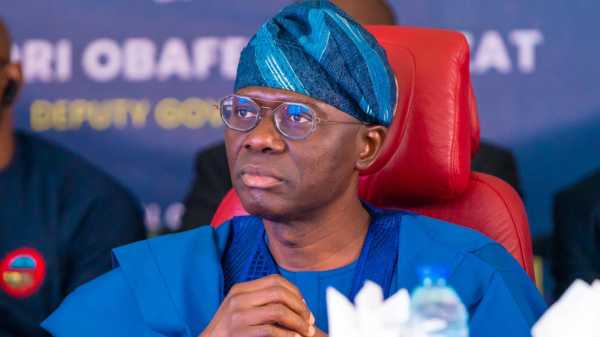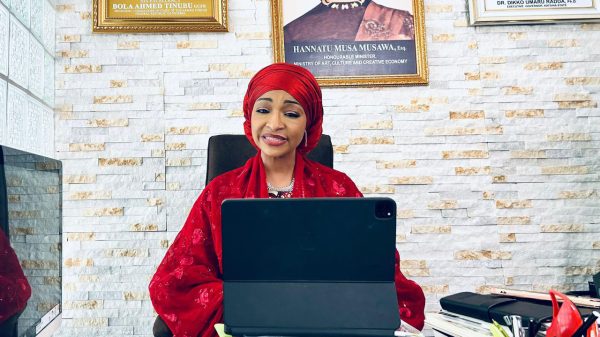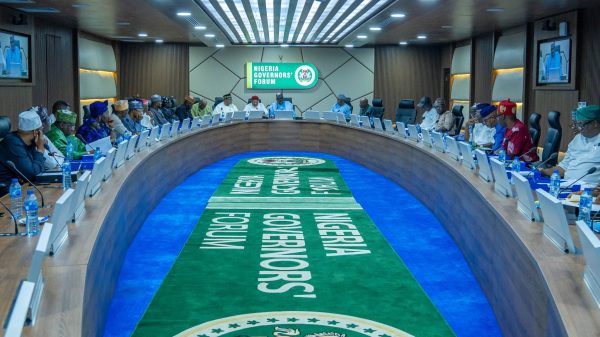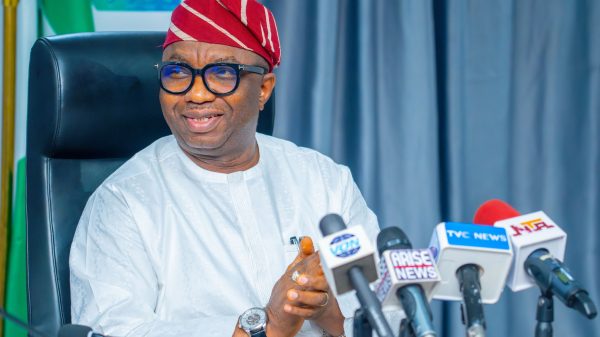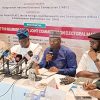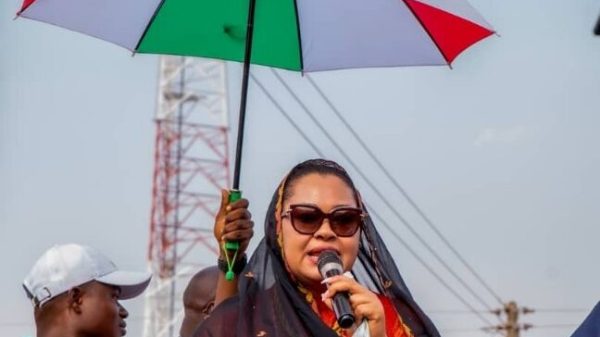By TechnocratMedia
The Independent National Electoral Commission (INEC) has released a comprehensive explanation of its readiness to use electronic transmission for the collation of results for the 2023 general elections.
This follows a media report that INEC has abandoned the plan to use electronic transmission of results for the polls.
Background
One of the most progressive provisions of the Electoral Act 2022 is the provision for result management from the Polling Units (PUs) to various levels of collation and declaration of winners. The process, as provided by the Act, is basically still manual involving the recording of results on forms (as determined by the Commission) and their delivery to various levels of the collation unit until declaration and return is made. However, the law also provides for the electronic transmission of results.
In the event of a dispute arising in the course of collation, the electronically transmitted result shall be used to resolve it. These are clearly provided for in Section 60 of the Act which deals with the counting of votes, their entry into specific forms endorsed by INEC officials and candidates/polling agents and their transfer to collation centres. Furthermore, Section 64(4), (5) and (6) of the Act provides for the recording and transmission of accreditation data and election results directly from the PUs using the Smart Card Reader or any other electronic device determined by the Commission.
Details of the relevant provisions of the law
According to INEC, Section 60 of the Electoral Act 2022 provides thus:
- 60(1) The Presiding Officer shall, after counting the votes at the polling unit, enter the votes scored by each candidate in a form to be prescribed by the Commission as the case may be.
- (2) The form shall be signed and stamped by the Presiding Officer and counter-signed by the candidates or their polling agents who were available at the polling unit.
- (3) The Presiding Officer shall give to the polling agents and the police officer where available a copy of each of the completed forms after it has been duly signed as provided under subsection (2).
- (4) The Presiding Officer shall count and announce the result at the polling unit.
- (5) The Presiding Officer shall transfer the result including the total number of accredited voters and the result of the ballot in a manner as prescribed by the Commission.
- 62(1) After the recording and announcement of the result, the Presiding Officer shall deliver same along with election materials under security and accompanied by the candidates or their polling agents, where available, to such person as may be prescribed by the Commission.
- Section 64(4) A collation officer or returning officer at an election shall collate and announce the result of an election, subject to his or her verification and confirmation that: (a) number of accredited voters stated on the collated result are correct and consistent with the number of accredited voters recorded and transmitted directly from polling units under Section 47(2). (b) The votes stated on the collated result are correct and consistent with the votes or results recorded and transmitted directly from polling units under Section 60(4) of this Act.
- (5) subject to subsection (1), a collation officer or returning officer shall use the number of accredited voters recorded and transmitted directly from polling units under Section 47(2) of this Act and the votes or results recorded and transmitted directly from polling units under Section 60(4) of this Act to collate and announce the result of an election if a collated result at this or lower level of collation is not correct.
- (6) where during the collation of results, there is a dispute regarding a collated result or the result of an election from any polling unit, the collation officer or returning officer shall use the following to determine the correctness of the disputed result: (a) The original of the disputed collated result for each polling unit where the election is disputed; (b) The smart card reader or other technology device used for the accreditation of voters in each polling unit where the election is disputed for the purpose of obtaining accreditation data directly from the smart card reader or technology device; (c) Data of accreditation recorded and transmitted directly from each polling unit where the election is disputed as prescribed under Section 47(2) of this Act; and (d) The votes and result of the election recorded and transmitted directly from each polling unit where the election is disputed, as prescribed under Section 6-(4) of this Act.
Import of the legal provisions
Clearly, the law provides for a dual mode. The first mode is the 4-step manual procedure as PUs involving:
- Counting of ballot papers
- Recording of results on a specific form (EC8A)
- Endorsement of EC8A by candidate/polling agents
- Physical delivery to collation centres.
The second mode entails a 2-step electronic procedure from PUs involving:







